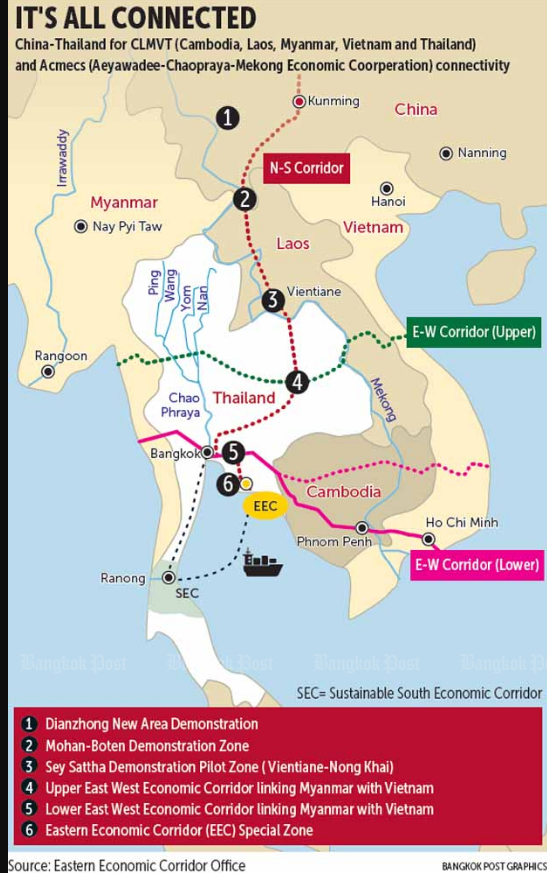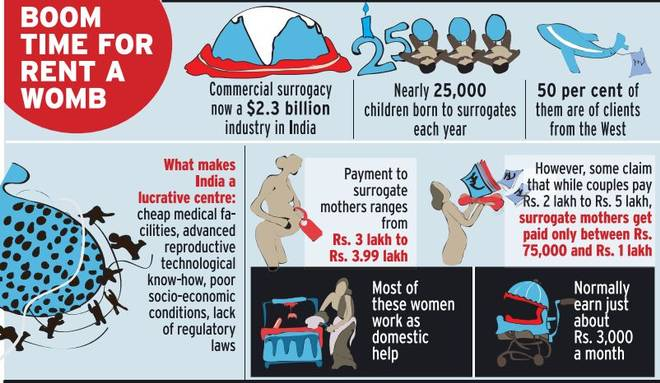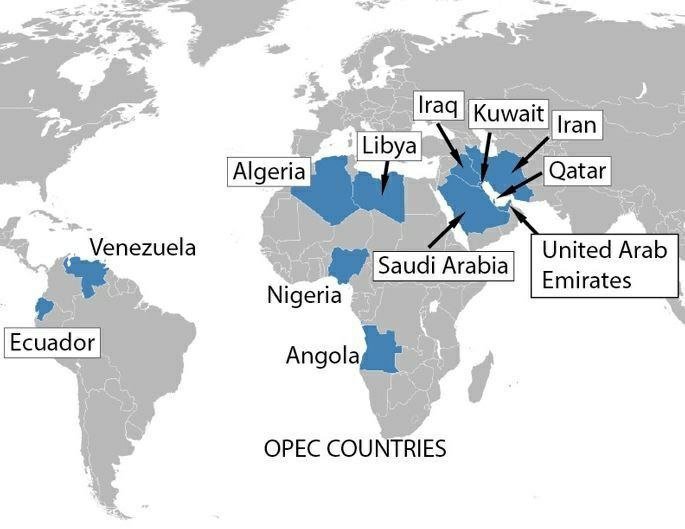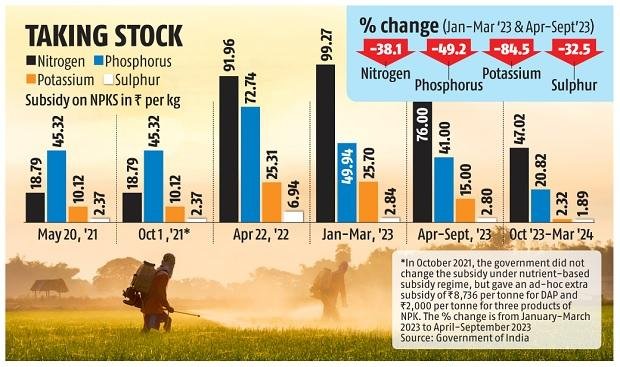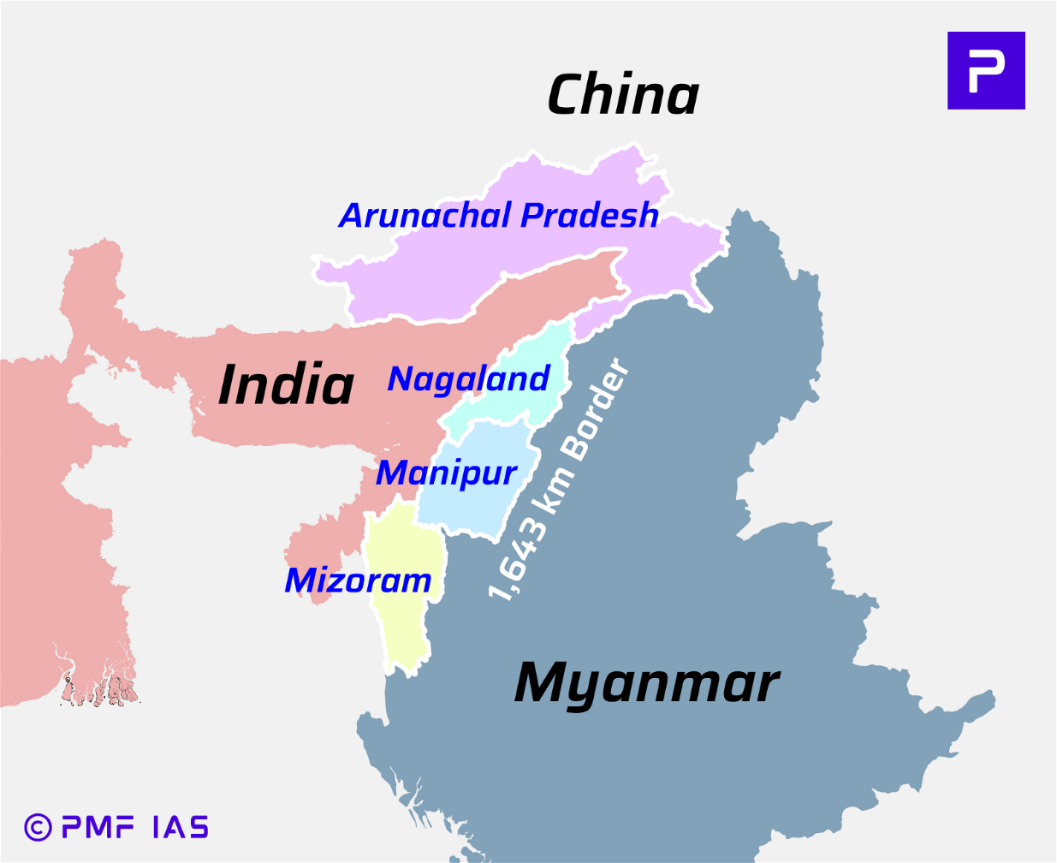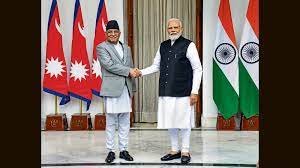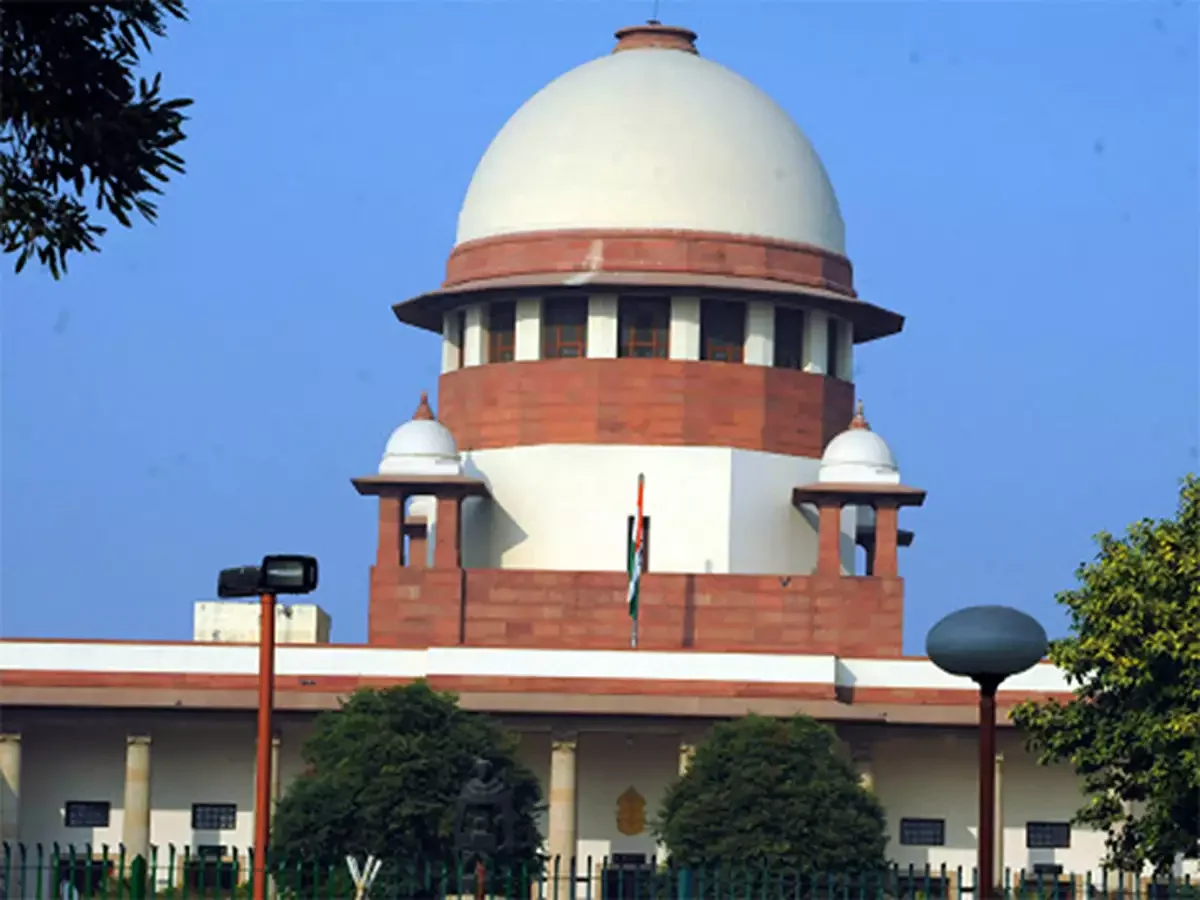
Smart Farming and Digitisation in Agriculture
Subscribers of "Current Affairs" course can Download Daily Current Affairs in PDF/DOC
Subscribe to Never Miss an Important Update! Assured Discounts on New Products!
Must Join PMF IAS Telegram Channel & PMF IAS History Telegram Channel
- Context (PIB): GoI promotes the adoption of smart farming methods through technology and innovation in the country’s agricultural sector.
|
Why is Smart Farming and Digitisation in Agriculture Important for India?
Boost Productivity and Yield
- Precision agriculture: Smart farming enables precise monitoring of soil health, water usage, nutrient levels, etc., leading to higher productivity.
- Improve resource efficiency: Smart irrigation systems like drip and sprinkler methods significantly reduce water waste, a crucial issue in water-scarce regions of India.
- Early pest and disease detection
Enhancing Farmer Livelihoods and Profitability
- Reduced costs and labour: E.g. automated tasks like precision irrigation reduce labour requirements.
- Improved market access: Digital platforms like eNAM connect farmers directly to buyers, eliminating middlemen and improving price transparency and returns.
- Enhanced resilience and climate adaptation: Weather forecast apps help farmers to cope with droughts and floods.
Promoting Sustainability and Environmental Protection
- Reduced water and chemical use: Micro irrigation minimises water waste, and soil health cards optimise fertiliser and pesticide application.
- Carbon footprint reduction: Optimised utilisation of agri-resources can lower greenhouse gas emissions from agricultural activities. For e.g., reduced fertiliser production.
Addressing Specific Challenges of Indian Agriculture
- Small landholdings: Smart farming offers solutions for small farms, helping them maximise limited resources and improve land use efficiency. E.g., vertical farming.
- Skill gap and digital divide: Training programmes and affordable technology solutions will equip traditional farmers with the necessary skills and knowledge. E.g., Krishi Vigyan Kendras.
Initiatives by GoI for Smart Farming and Digitisation in Agriculture
National e-Governance Plan in Agriculture (NeGPA) Programme
- NeGPA was launched in 2010-11 to utilise information and communication technologies (ICT) to provide information and services to the farming community, private sectors, and stakeholders.
- It funds State Governments for Digital Agriculture Projects using technologies like Artificial Intelligence, Machine Learning, the Internet of Things (IoT), blockchain, etc.
National Agriculture Market (e-NAM)
- e-NAM is a pan-India electronic trading portal that networks the existing Agricultural Produce Market Committee (APMC) mandis to create a unified national market for agricultural commodities.
- Digital services are provided to traders, farmers, farmers’ producer organisations (FPOs), and mandis.
PM KISAN Scheme
- Under the PM KISAN Scheme, the fund is directly transferred into the bank accounts of the eligible farmers under the Direct Benefit Transfer mode.
- PM-KISAN Mobile App was launched to broaden the reach of the scheme.
Integrated Scheme for Agricultural Marketing (AGMARKNET)
- AGMARKNET supports the development of agricultural marketing infrastructure by offering backend subsidy support to state, cooperative, and private sector investments.
- Services are delivered through the AGMARKNET, a G2C e-governance portal serving farmers, industry, policymakers, and academic institutions.
Mission for Integrated Development of Horticulture (MIDH)
- The HORTNET project is a web-enabled system for providing financial assistance under MIDH.
- It helps in online application filing and payment to the beneficiary’s bank account through DBT.
National Project on Soil Health and Fertility
- It issues soil health cards to farmers to address nutrient deficiencies in fertilisation practices.
- The Soil Health Card Portal allows farmers to track soil samples.
Kisan Suvidha App
- It facilitates the dissemination of information to farmers on the critical parameters viz., weather, market prices, plant protection, input dealers (seed, pesticide, fertiliser), farm machinery, soil health card, cold storages & godowns, veterinary centres, and diagnostic labs.
Indian Council of Agriculture Research (ICAR) Apps
- ICAR developed 187 mobile apps for farm and farmer-related services during 2014-21.
- These ICAR apps are now integrated into one common platform called KISAAN.
Krishi Vigyan Kendras (KVKs)
- The Indian Council of Agricultural Research implements the KVKs scheme in different states.
- It supports farmers in adopting innovative farming techniques developed by National Agricultural Research Systems.
AgriStack
- AgriStack is a collection of digital databases and technologies for farmers.
- It is a ‘Unified Farmer Service Interface’.
Unified Farmer Service Platform (UFSP)
- UFSP combines core infrastructure, data, applications, and tools that enable seamless interoperability of various public and private IT systems in the agriculture ecosystem.
- It is envisaged to act as a central agency in the agri ecosystem (like UPI in the e-payments).
Challenges in the Implementation of Smart Farming and Digitisation in Agriculture
- Technological barriers: These include high technology costs, lack of infrastructure access, and maintenance and support issues.
- Human and social factors: These include poor digital literacy and awareness, resistance to change, land fragmentation, and social inequality.
- Economic and policy Issues: These include the lack of financial incentives, policy and regulatory gaps, and market constraints (like limited access to markets and fair pricing mechanisms).
- Environmental challenges: These include climate change and E-waste management.
Way Ahead
- Proper government intervention: Providing financial subsidies, promoting rural infrastructure development, and offering training programmes for digital literacy and smart farming skills.
- Private sector collaboration: Affordable technology solutions, financing models, and partnerships with local communities can drive innovation and accessibility.
- Community-based initiatives: Farmer networks, knowledge-sharing platforms, and peer-to-peer learning can address concerns about adoption and use.
- Education and awareness campaigns
Other Initiatives Taken by GoI for Development of AgricultureSub-Mission on Agricultural Mechanization (SMAM)
Agriculture Infrastructure Fund (AIF)
Rashtriya Krishi Vikas Yojana (RKVY-RAFTAAR)
Per Drop More Crop (PDMC)
|




![PMF IAS Environment for UPSC 2022-23 [paperback] PMF IAS [Nov 30, 2021]…](https://pmfias.b-cdn.net/wp-content/uploads/2024/04/pmfiasenvironmentforupsc2022-23paperbackpmfiasnov302021.jpg)
